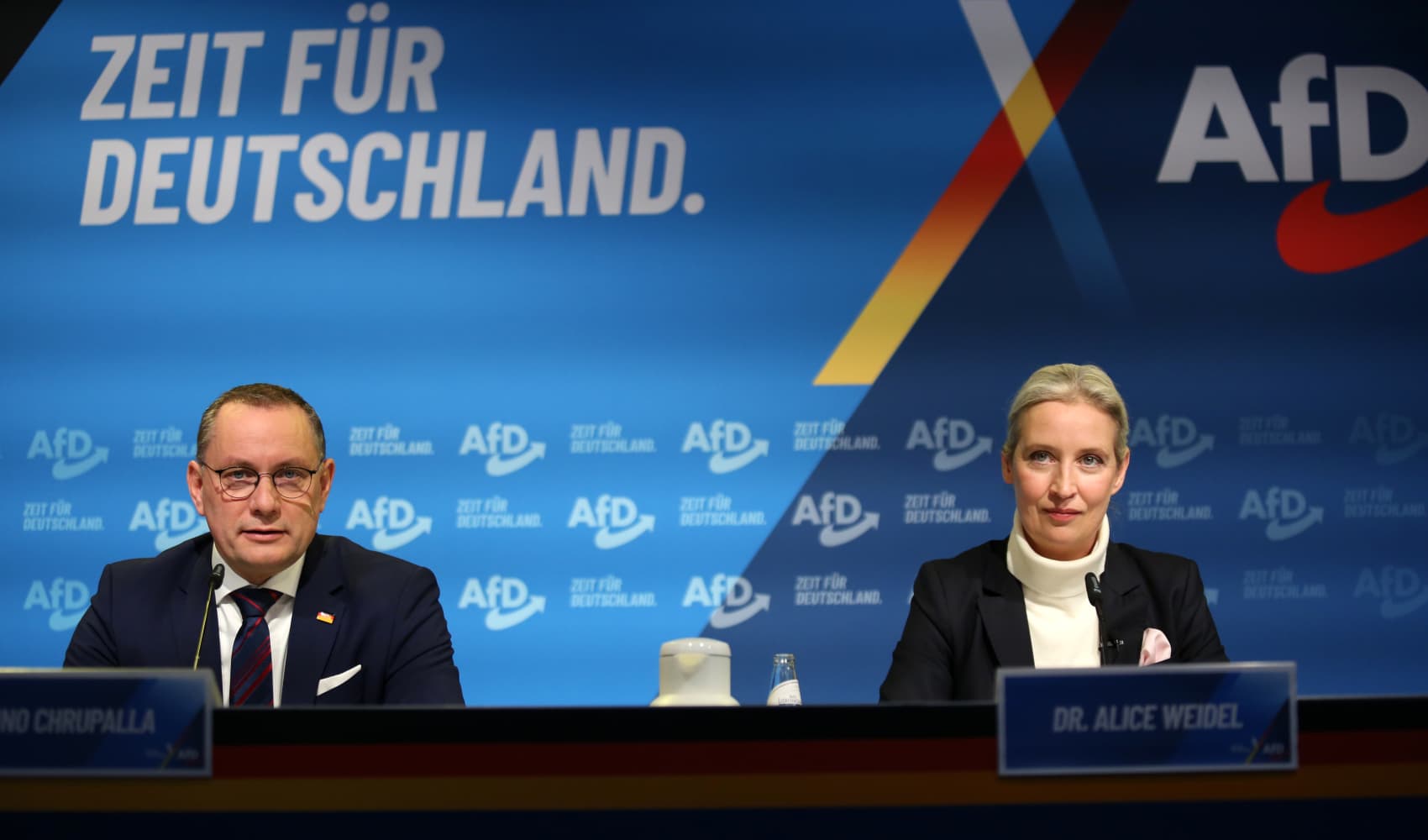
- A warrant for impeached South Korean President Yoon Suk Yeon was approved by a Seoul court on Tuesday, domestic media reported.
- Yoon is the first sitting South Korean president to face arrest.
- The approved warrant empowers authorities to take Yoon into custody for questioning within 48 hours.
South Korea's impeached President Yoon Suk Yeon could become the first sitting president of the country to face an arrest after a court issued a warrant against him, domestic media reported.
Watch NBC6 free wherever you are
The Seoul Western District Court issued the detention warrant against Yoon, Korea Times reported, after he failed to show up for questioning, despite multiple summons by a joint investigation unit comprising South Korea's police and the Corruption Investigation Office for High-ranking Officials.
The warrant empowers the CIO to take Yoon into custody for questioning within 48 hours.
Get local news you need to know to start your day with NBC 6's News Headlines newsletter.
Yoon Kab-keun, the sitting president's lawyer, has said that investigating insurrection charges is outside the CIO's jurisdiction. Citing security concerns, the Presidential Security Service has blocked access to the presidential office compound and Yoon's official residence, according to news agency Yonhap.
South Korean presidents do not enjoy immunity from insurrection or treason charges. Moreover, presidents are not allowed to obstruct a court-issued detention or arrest warrant, according to CIO Chief Oh Dong-woon.
Yoon is facing charges related to his declaration of emergency martial law on Dec. 3, which he justified as necessary for the protection of the constitution. He lifted martial law within six hours after the country's National Assembly voted to overturn his decree.
Money Report
Yoon was impeached by lawmakers on Dec. 14, with members of his People Power Party voting in favor of the motion. An earlier vote had failed to reach a two-thirds majority.
South Korea's Constitutional Court has begun proceedings to determine whether to remove Yoon from office or to reinstate him, reported Yonhap. It will deliver its ruling within 180 days, starting Dec. 14.
While the impeachment suspends Yoon from his duties and powers as head of state, he remains president while the Constitutional Court deliberates on his case.
After Yoon's impeachment, Prime Minister Han Duck-soo filled in for the role of president.
However, Han was also impeached last week. He was accused by the opposition Democratic Party of being reluctant to immediately appoint three justices to the Constitutional Court.
Chio Sang-mok, deputy prime minister and finance minister, became acting president on Dec. 27 following Han's impeachment.
— CNBC's Ruxandra Iordache and Hakyung Kim contributed to this report.






